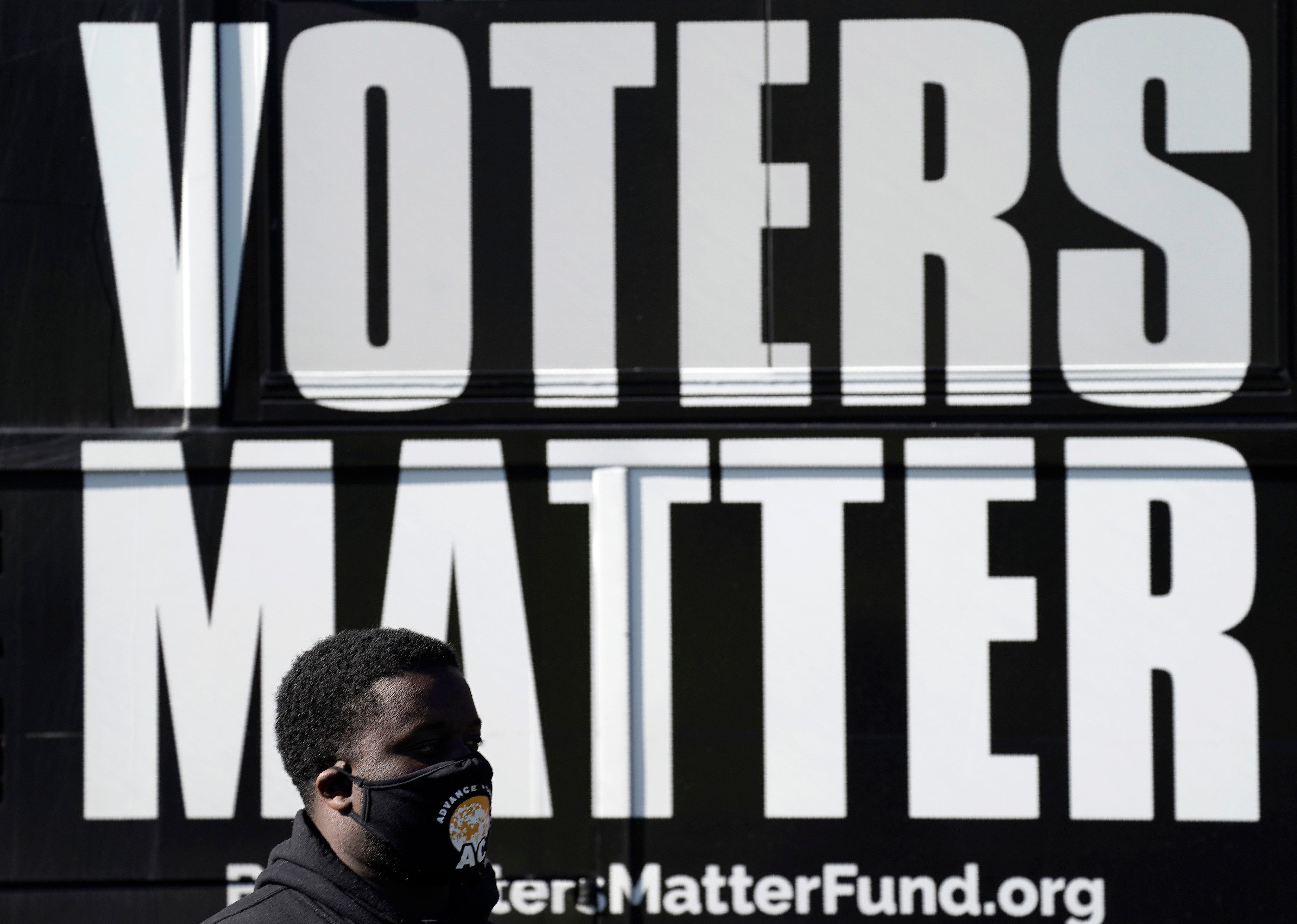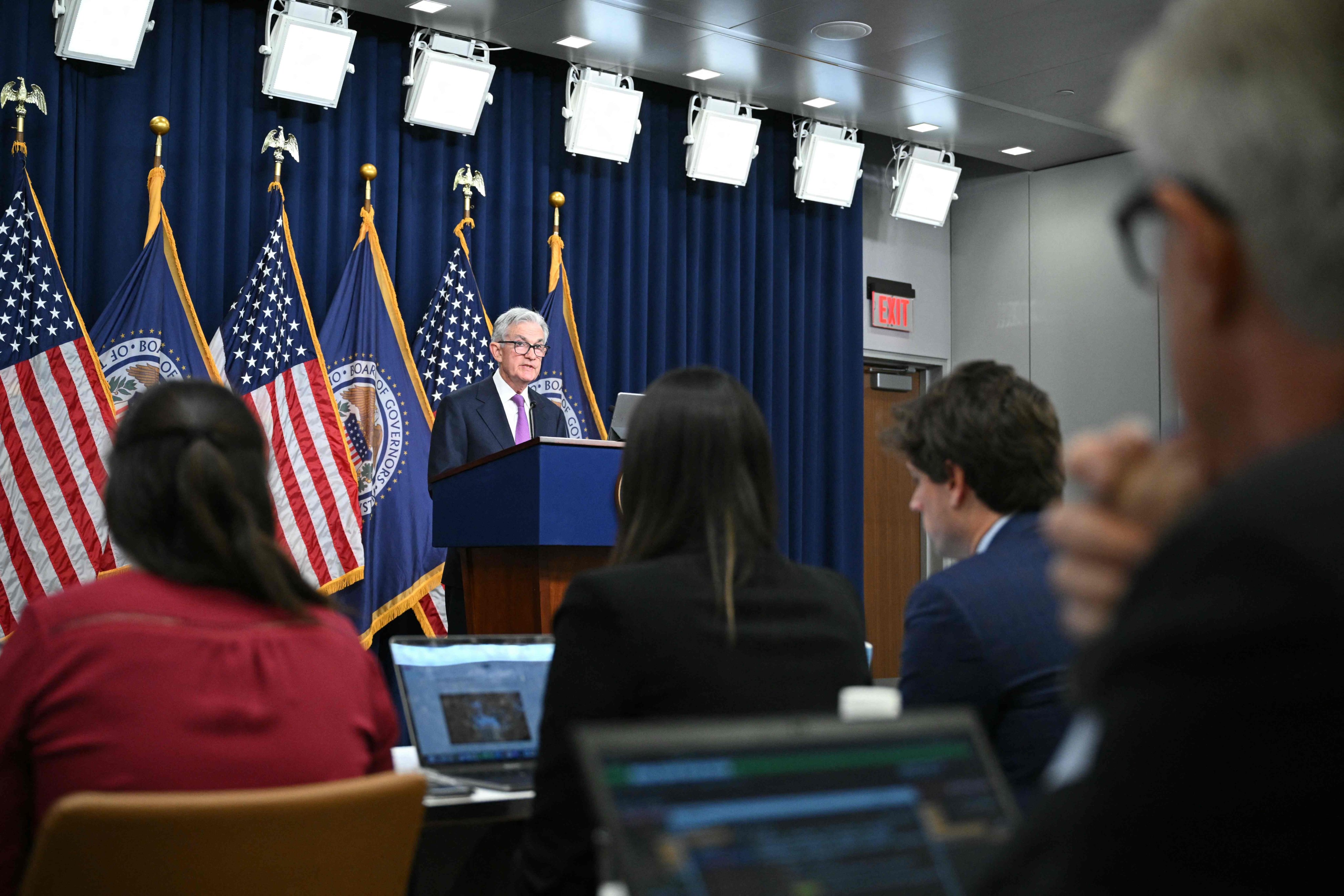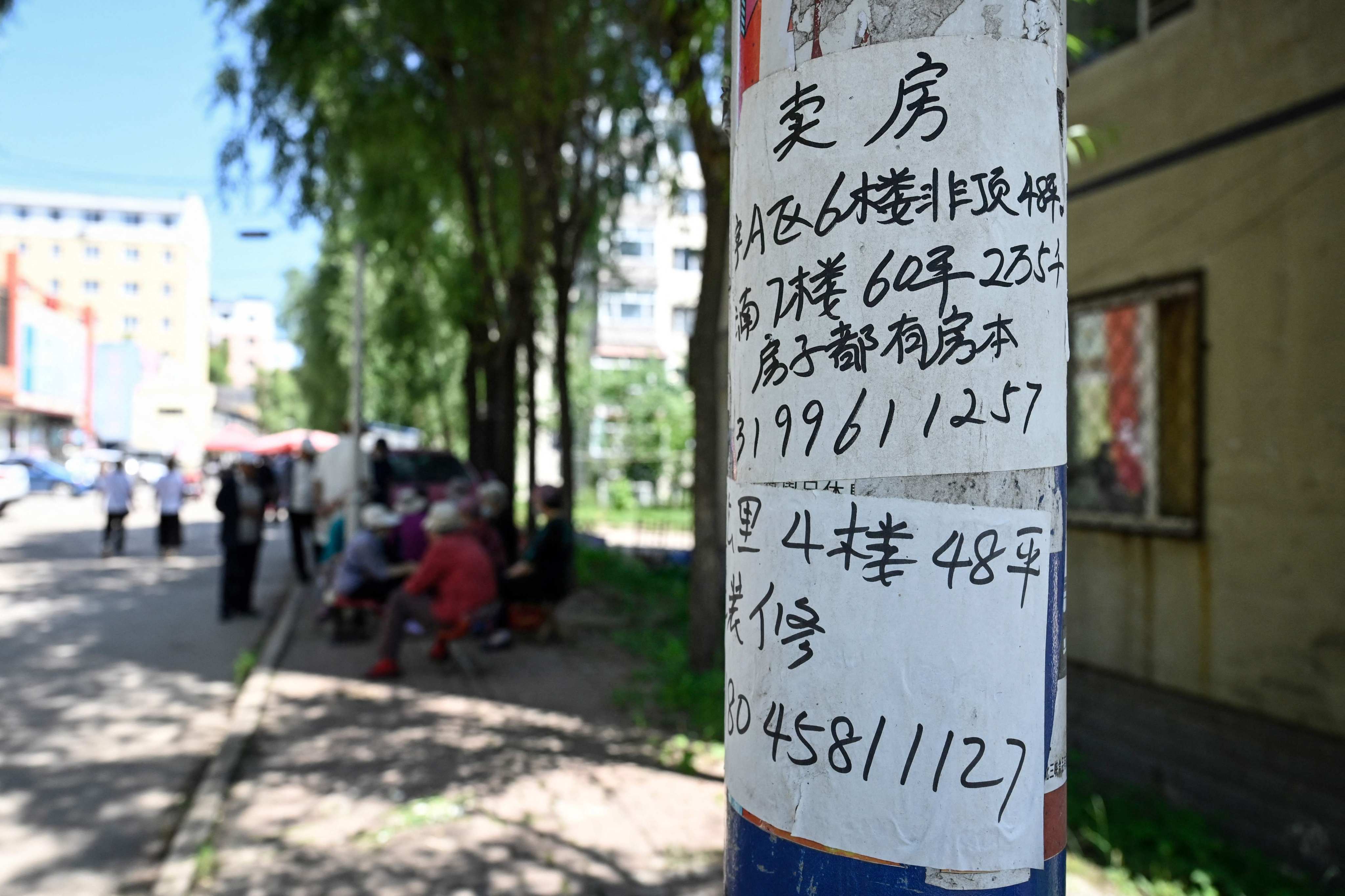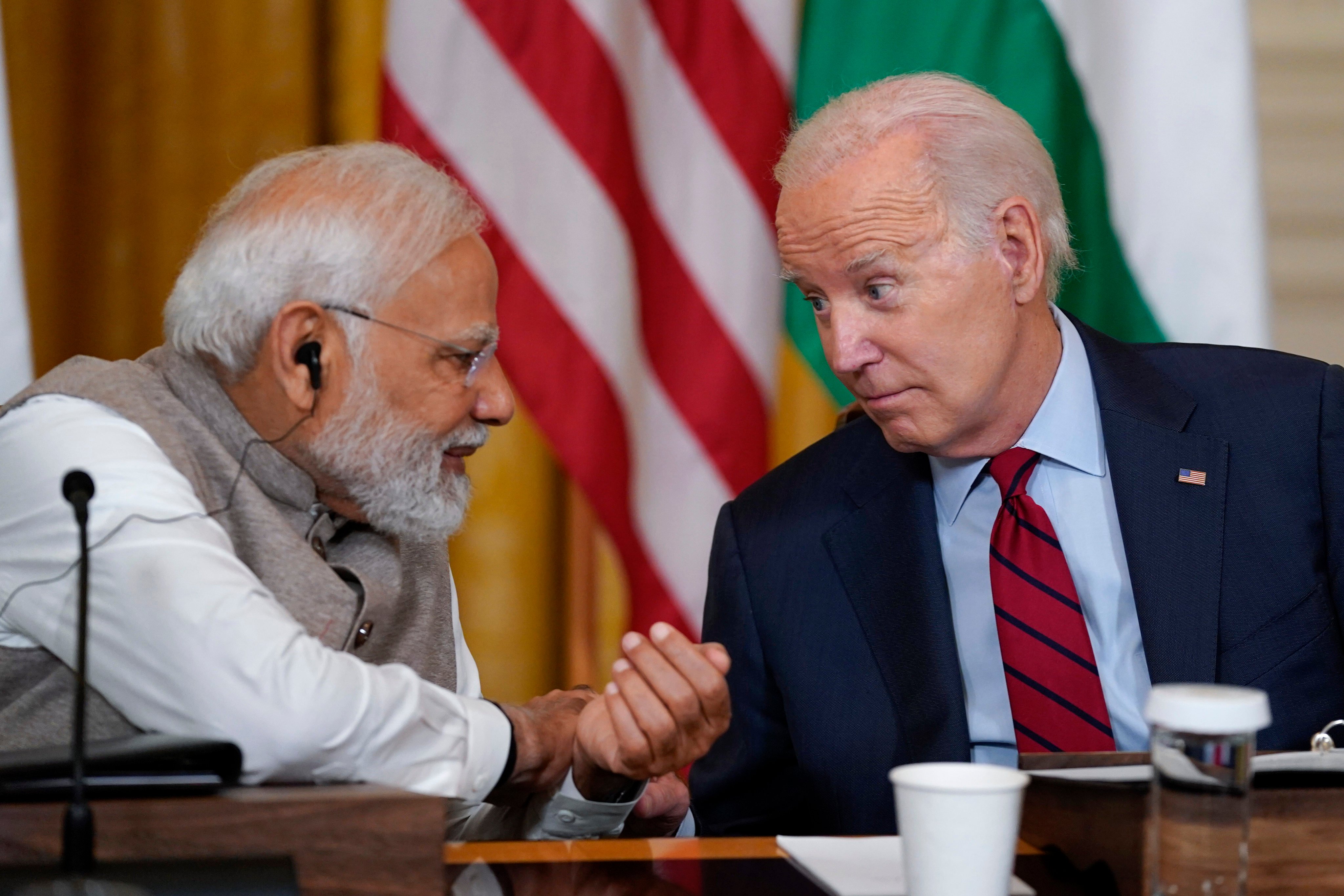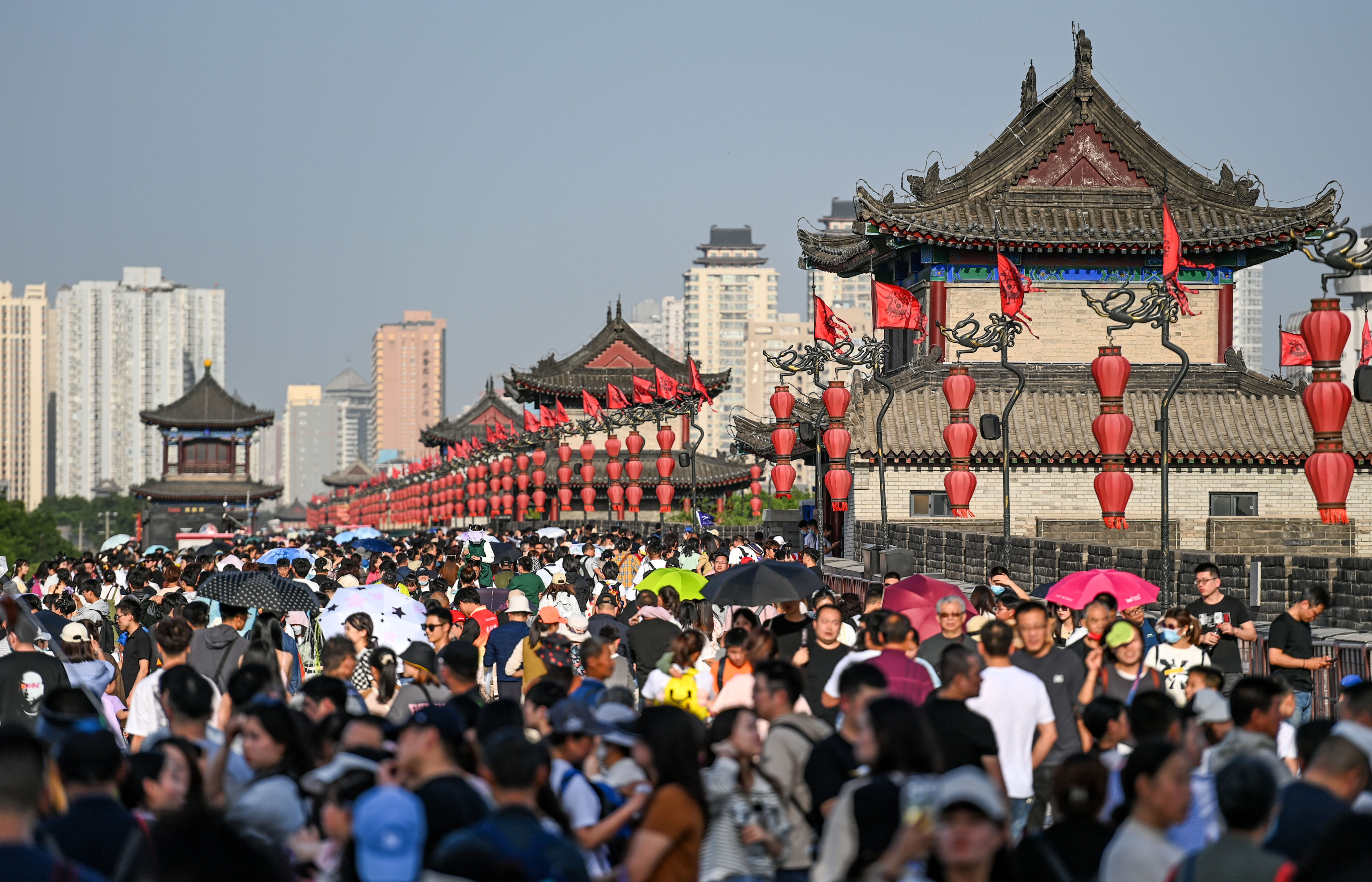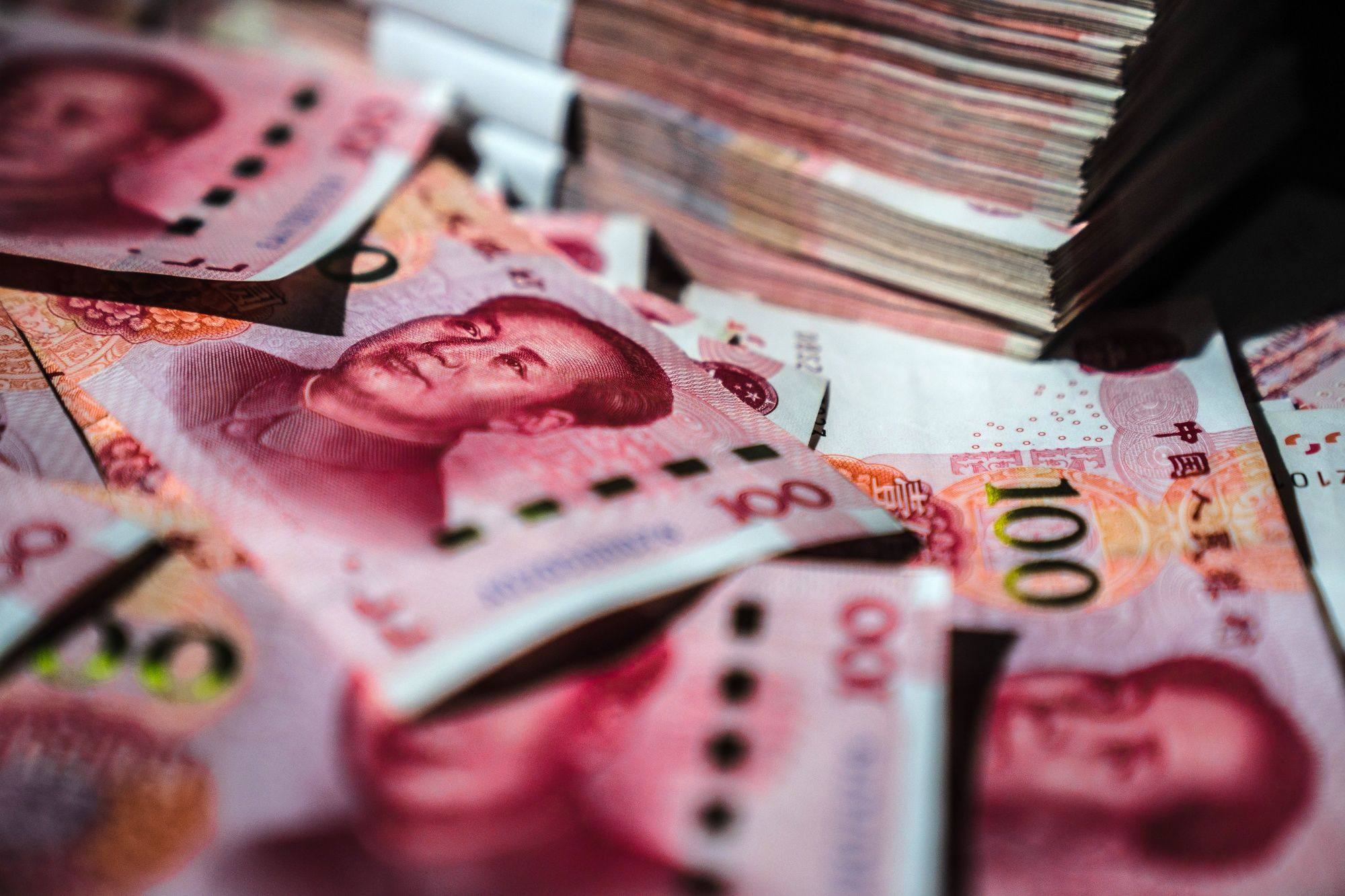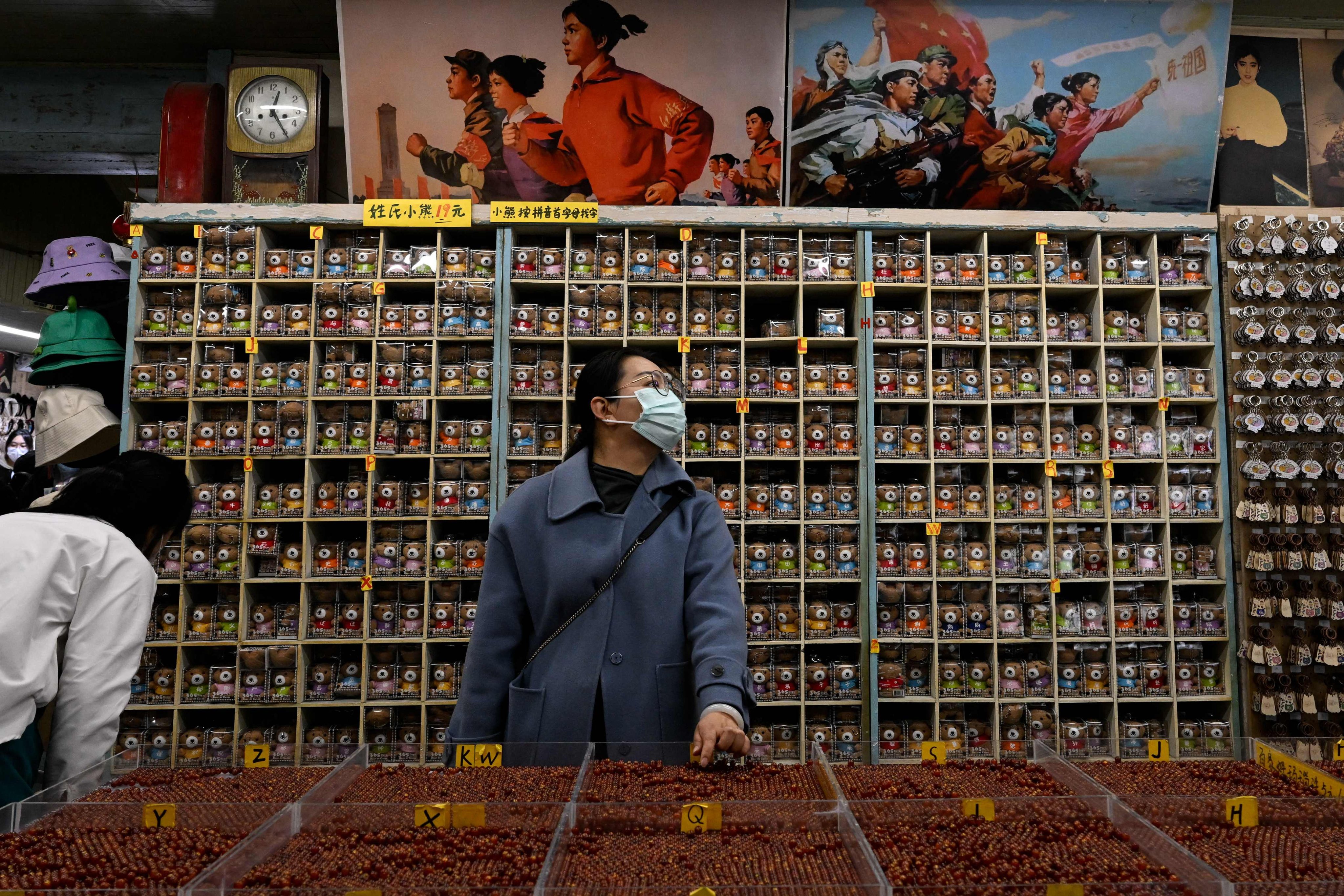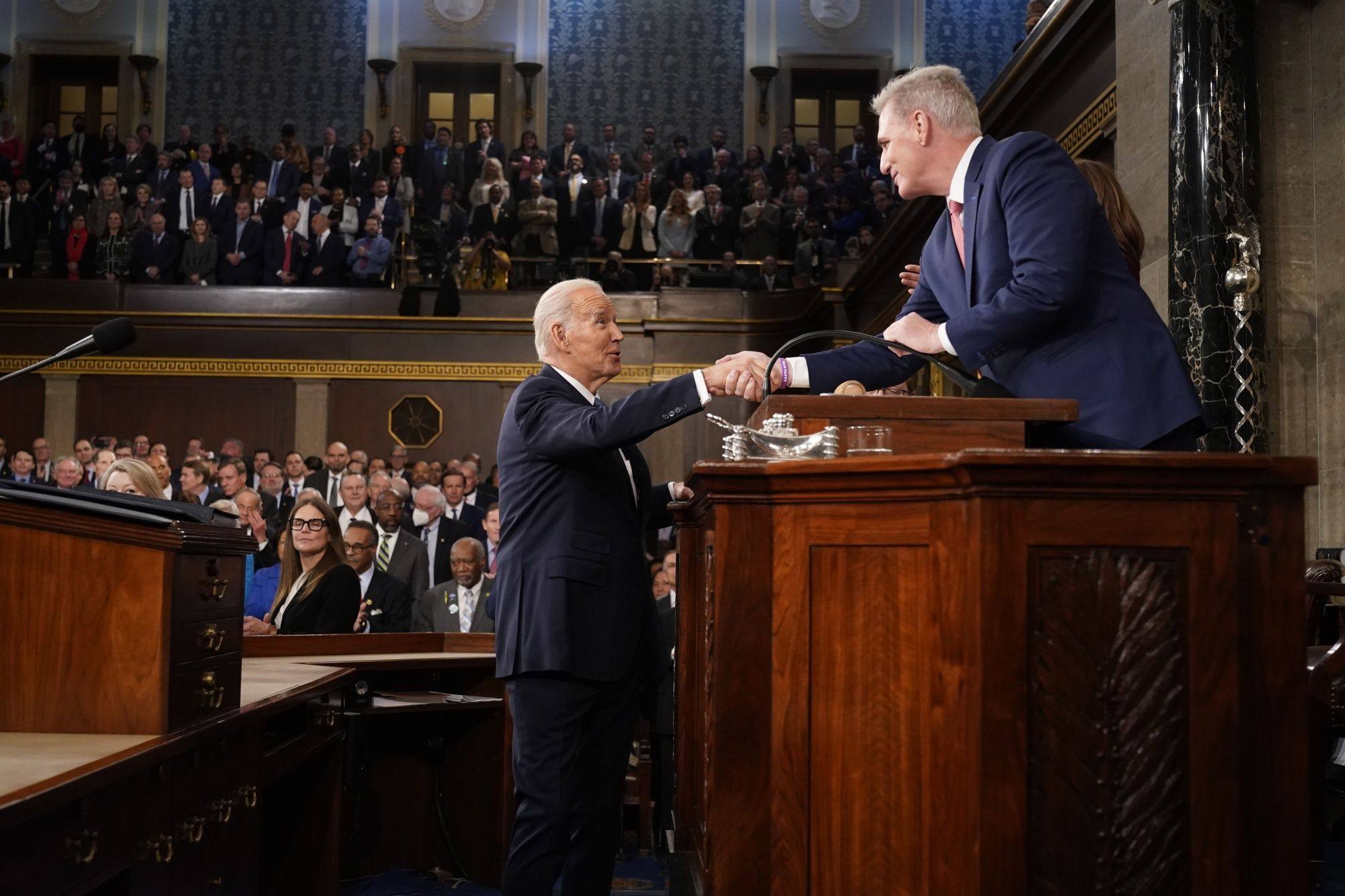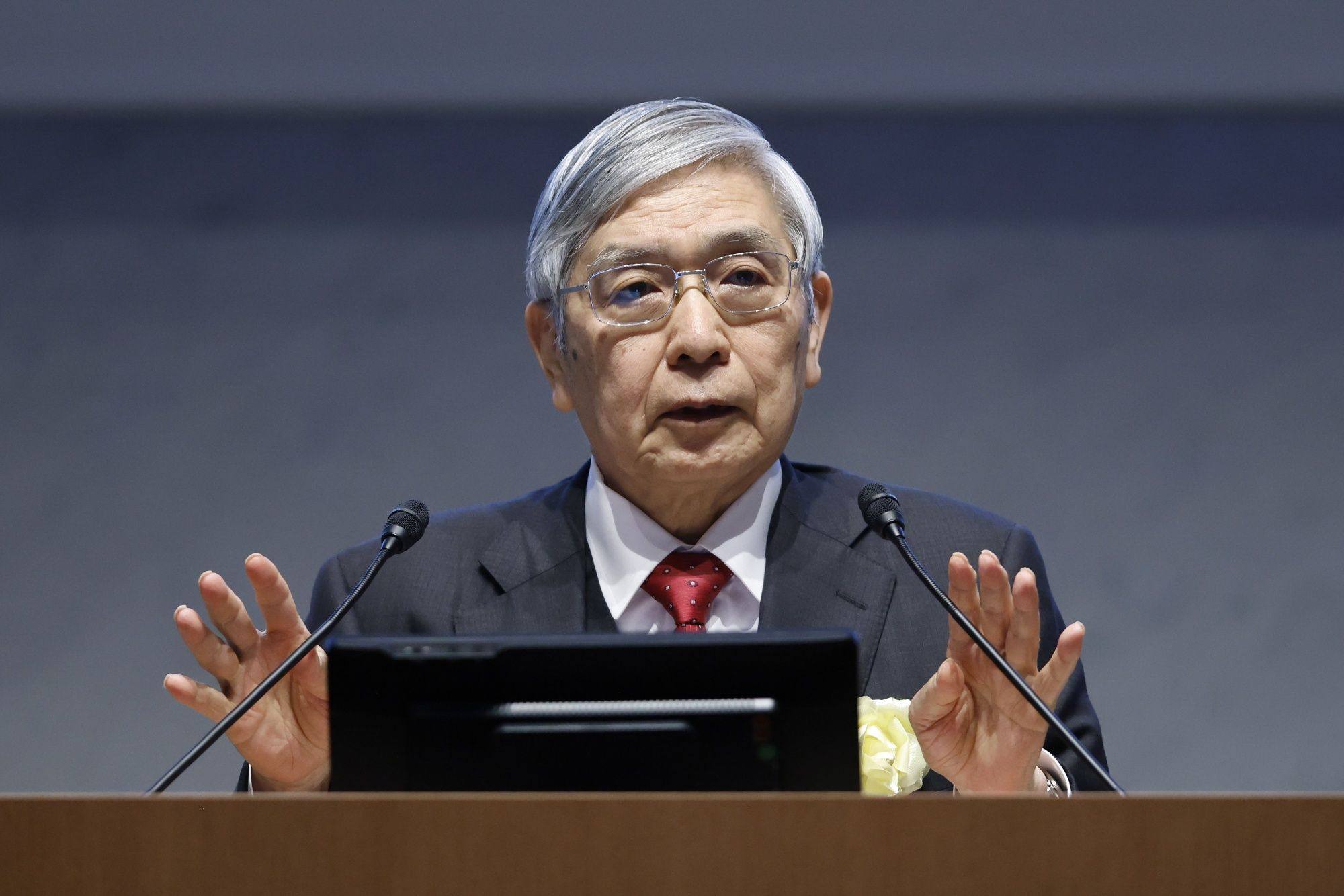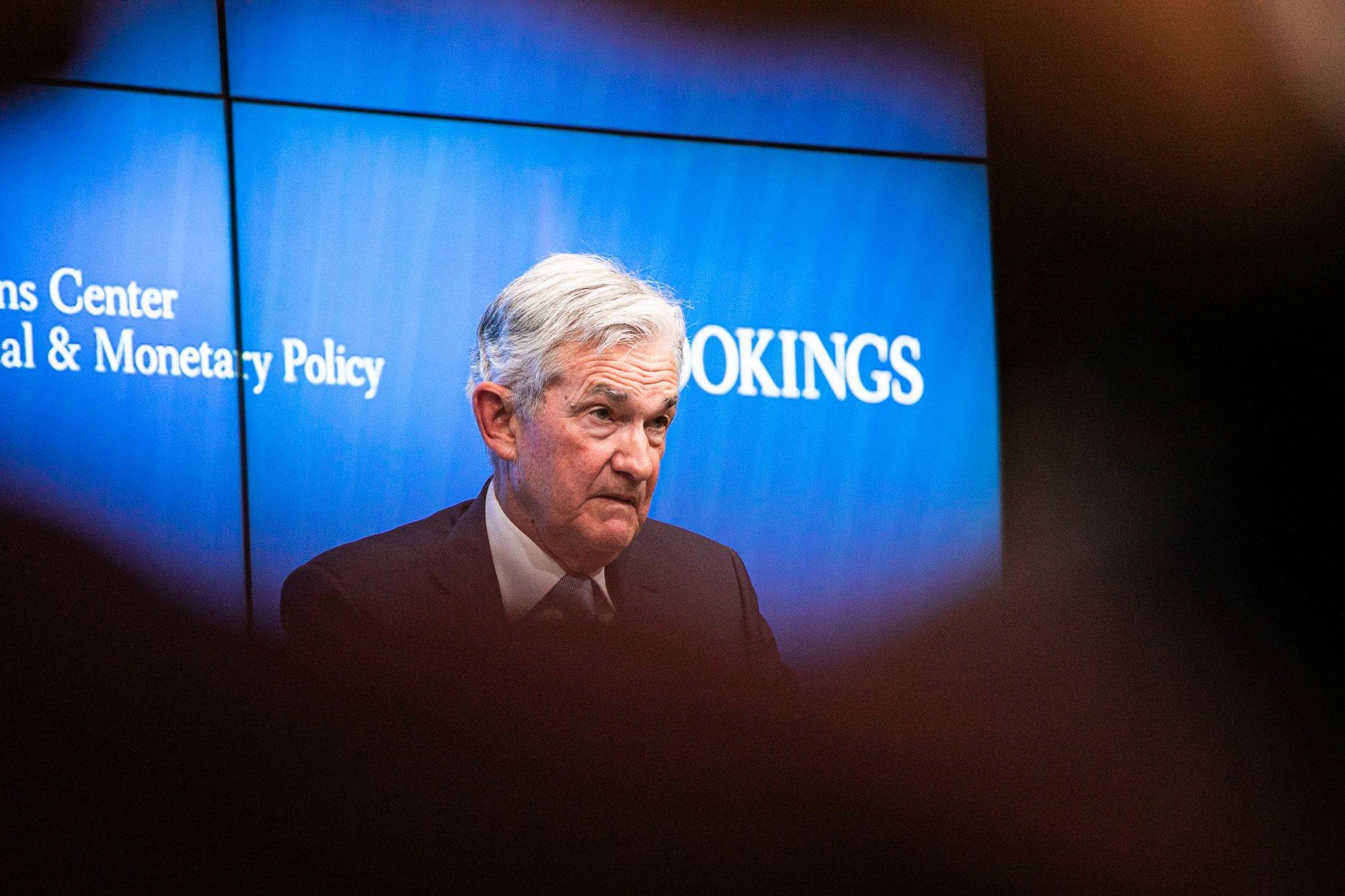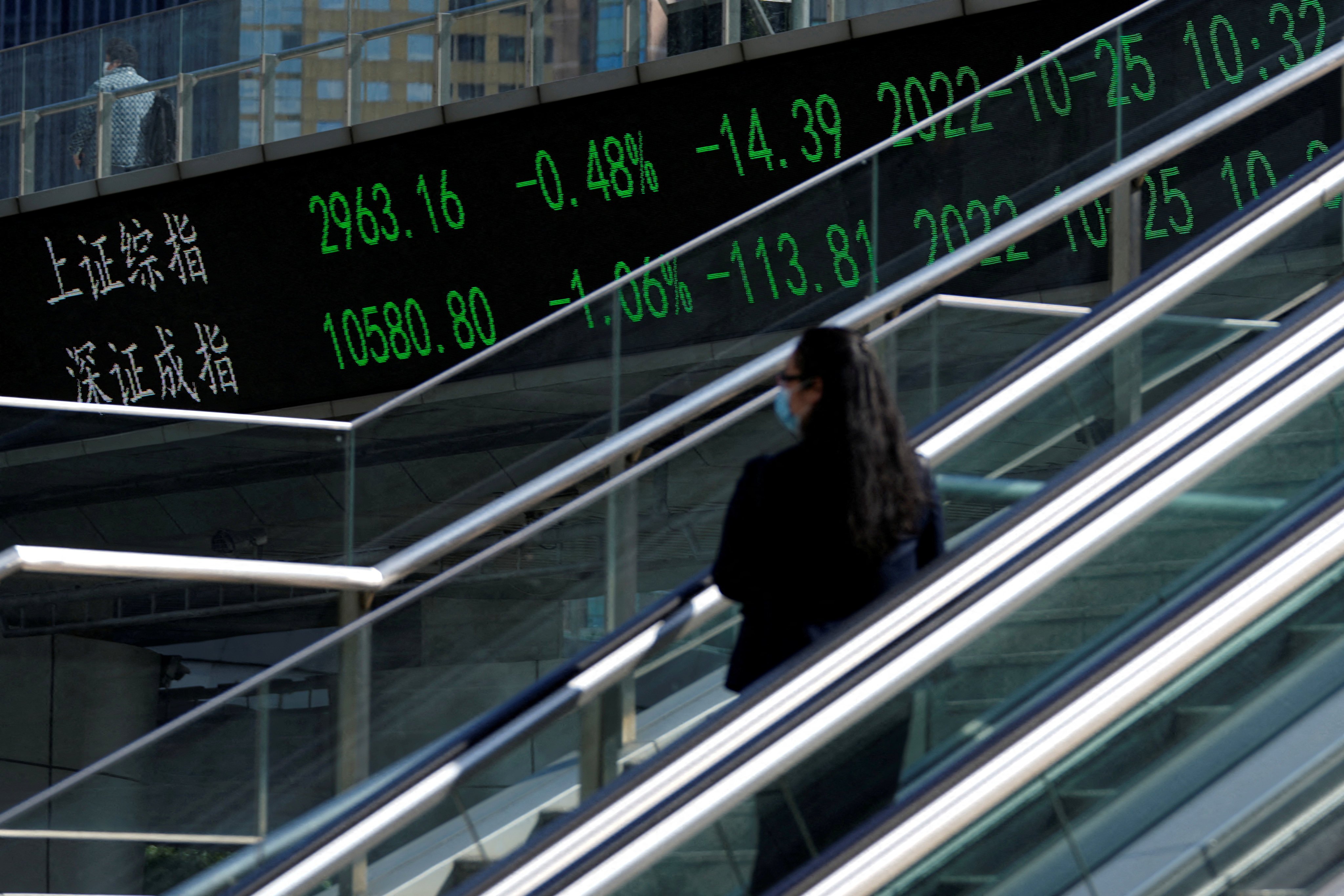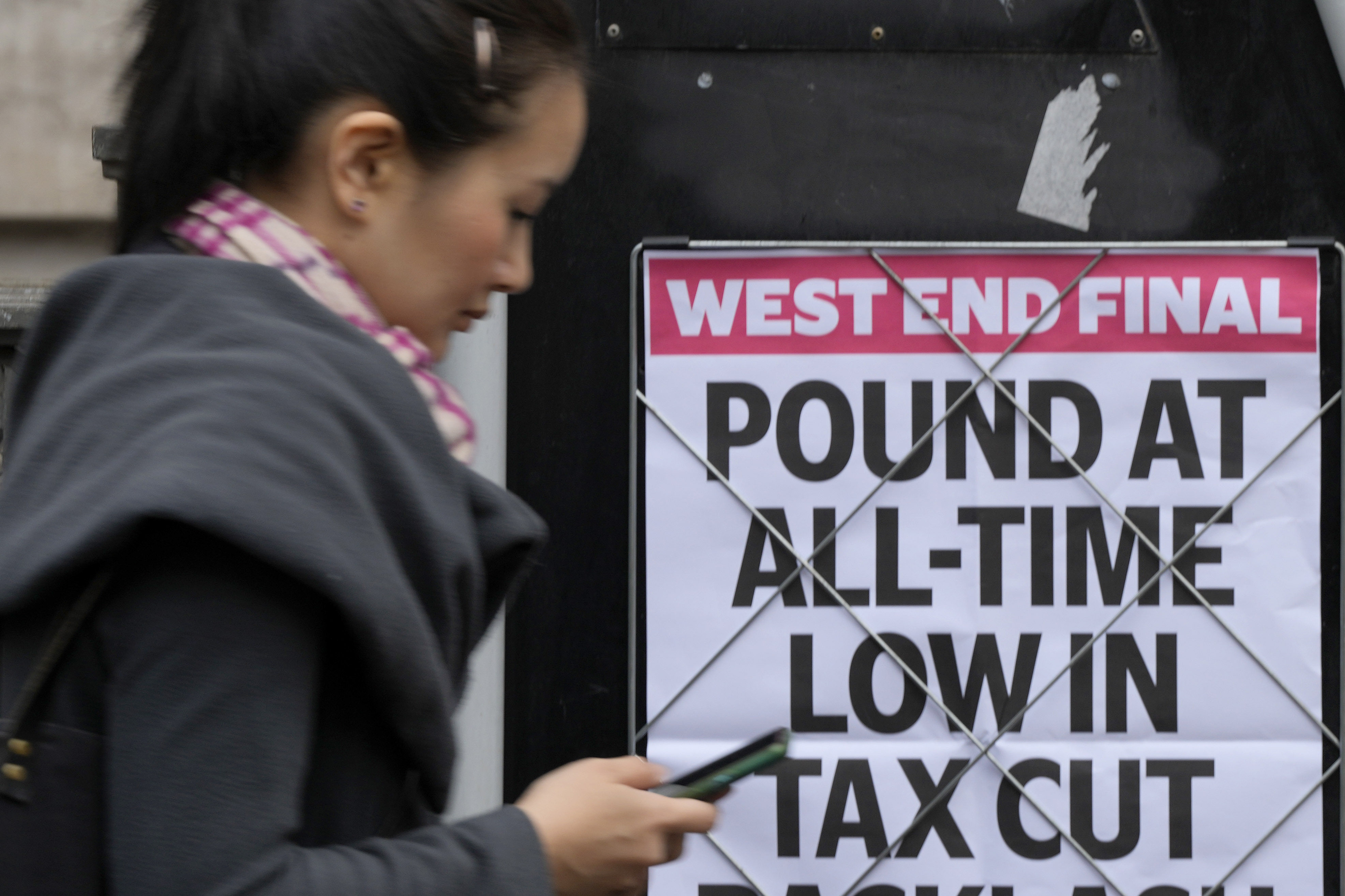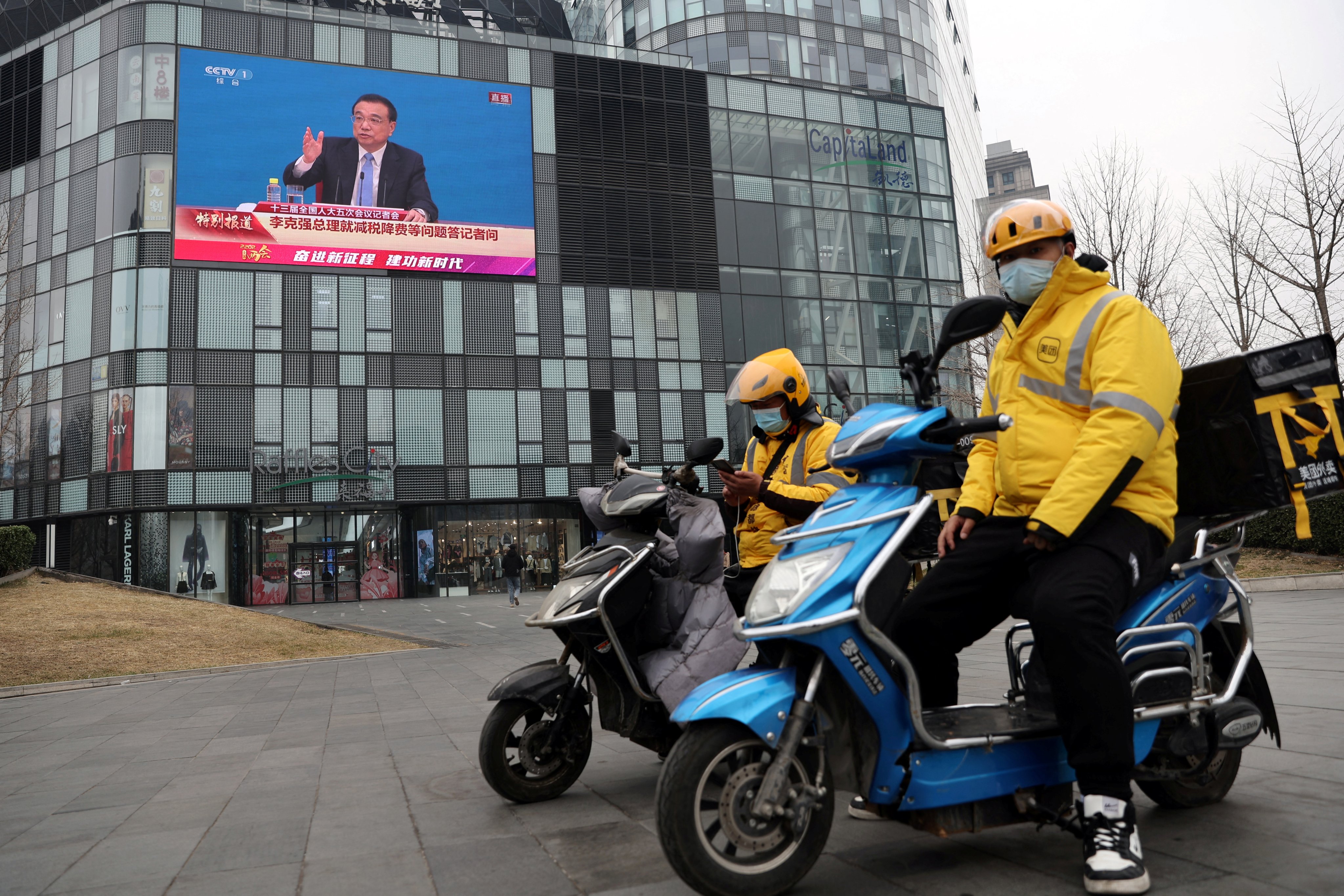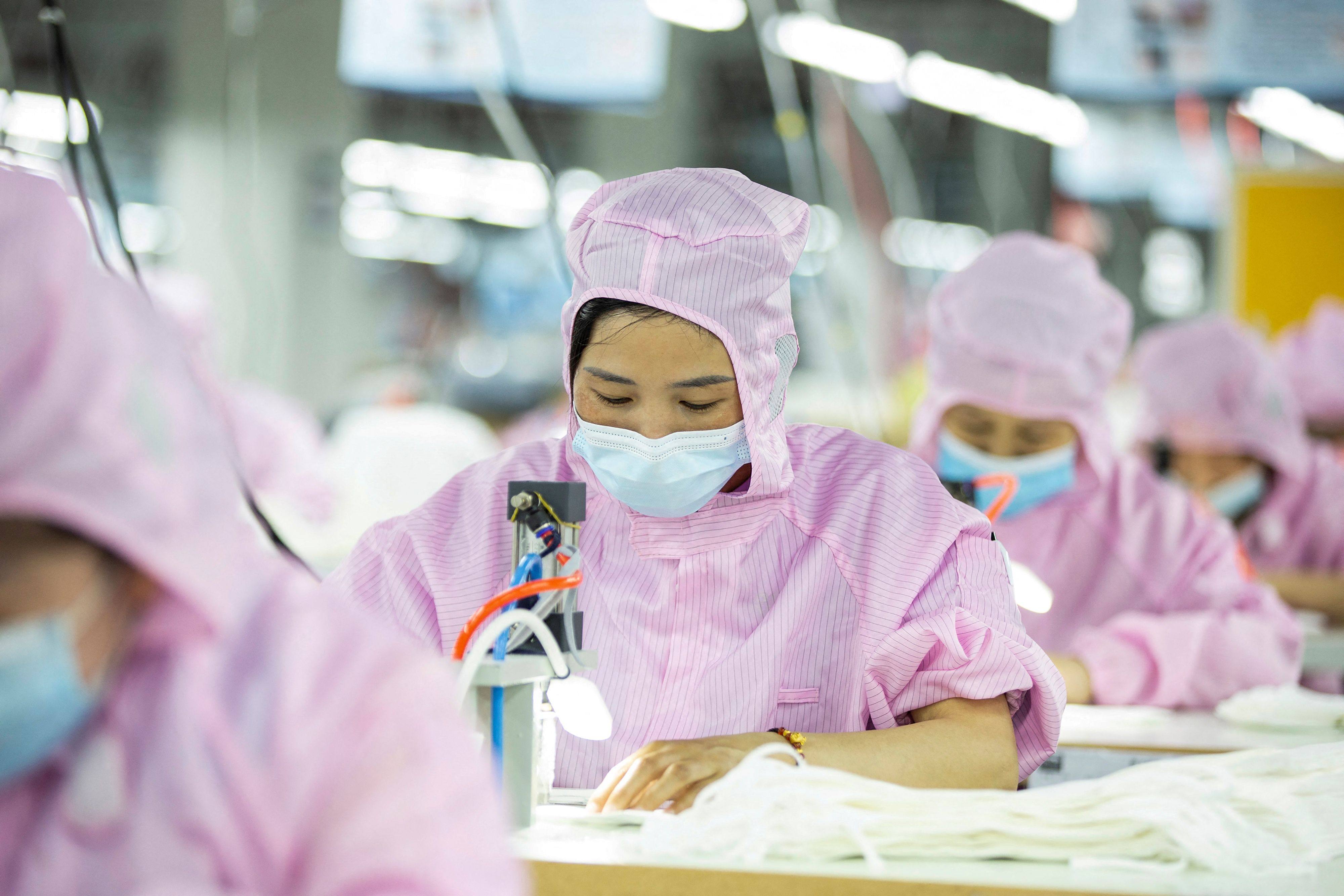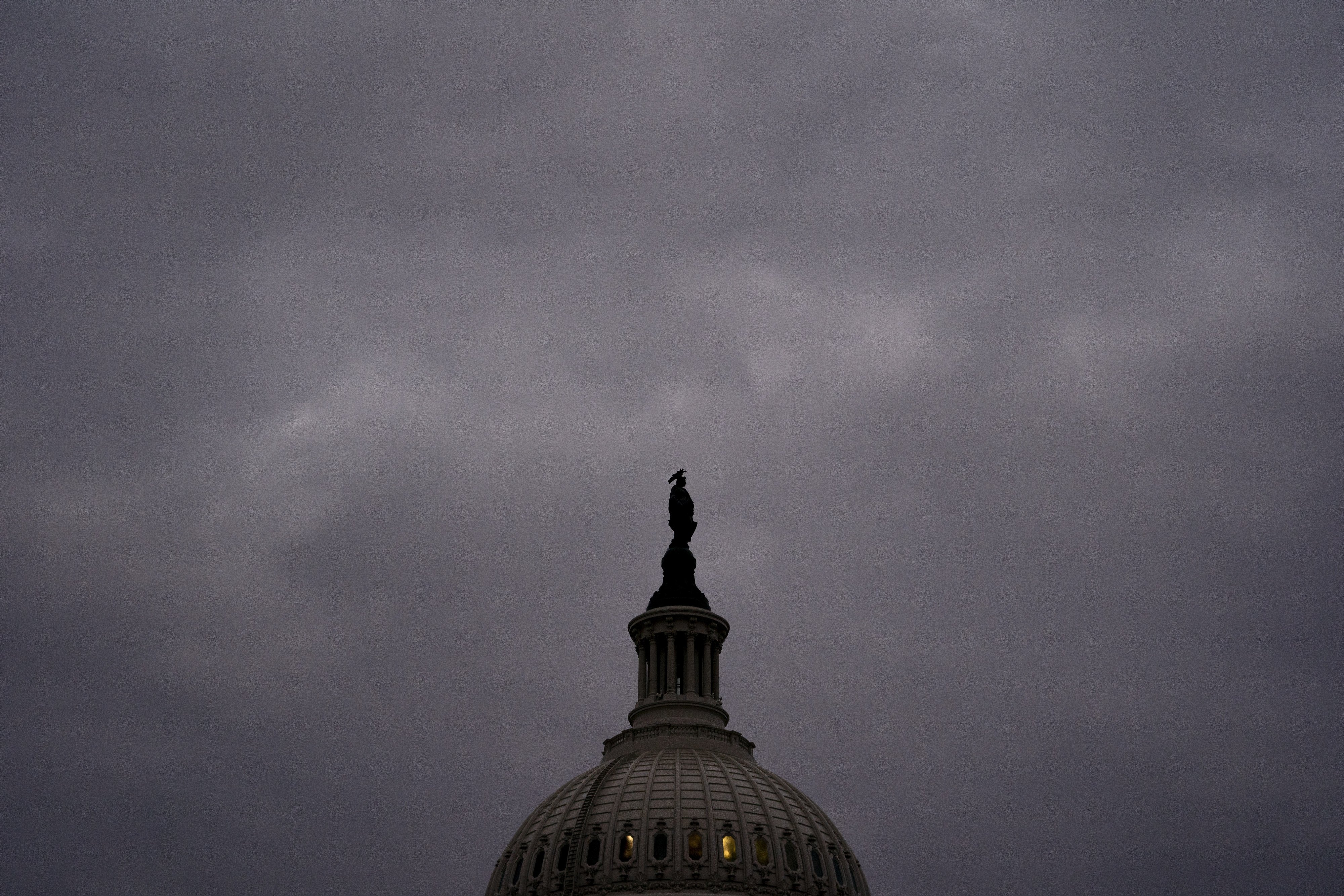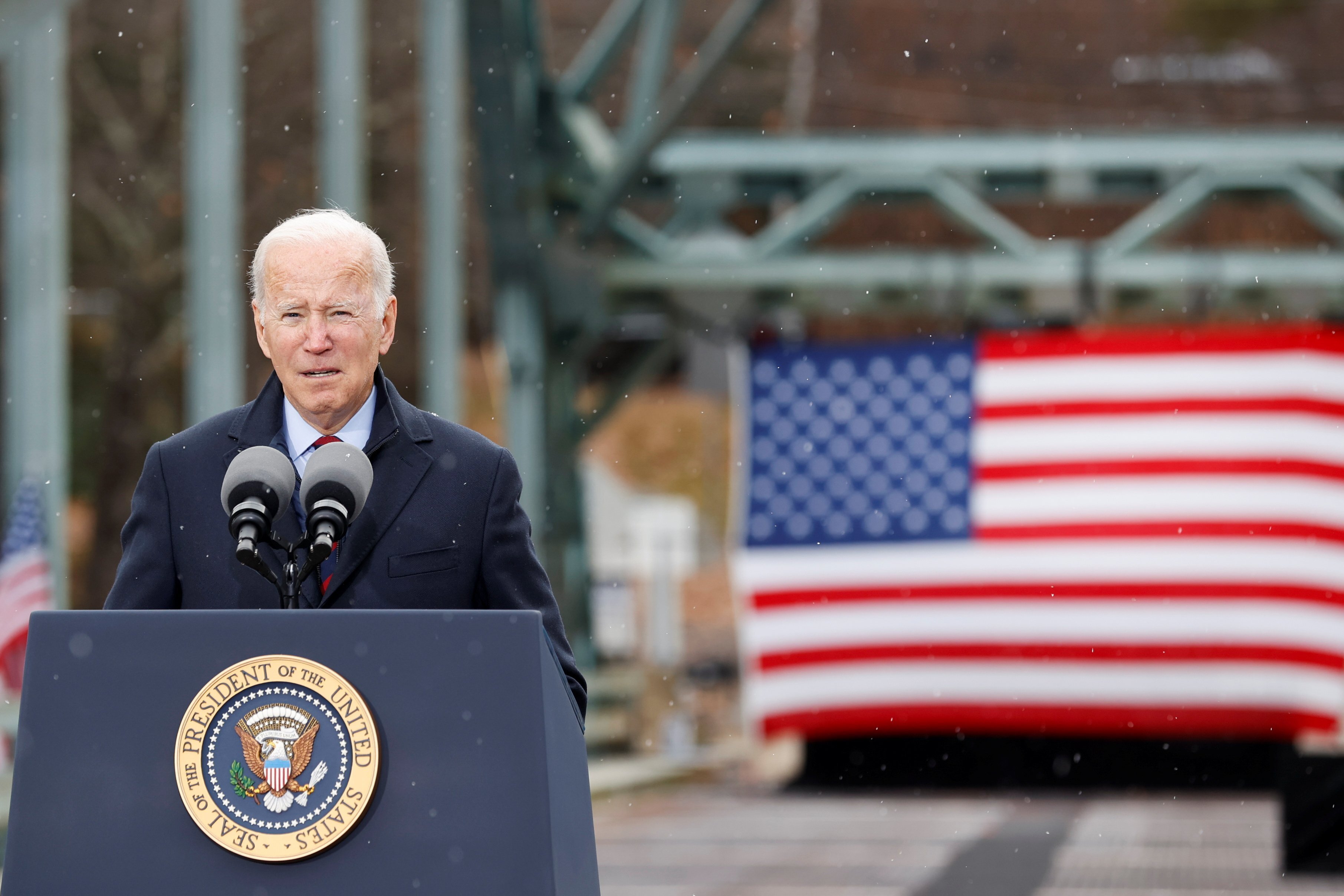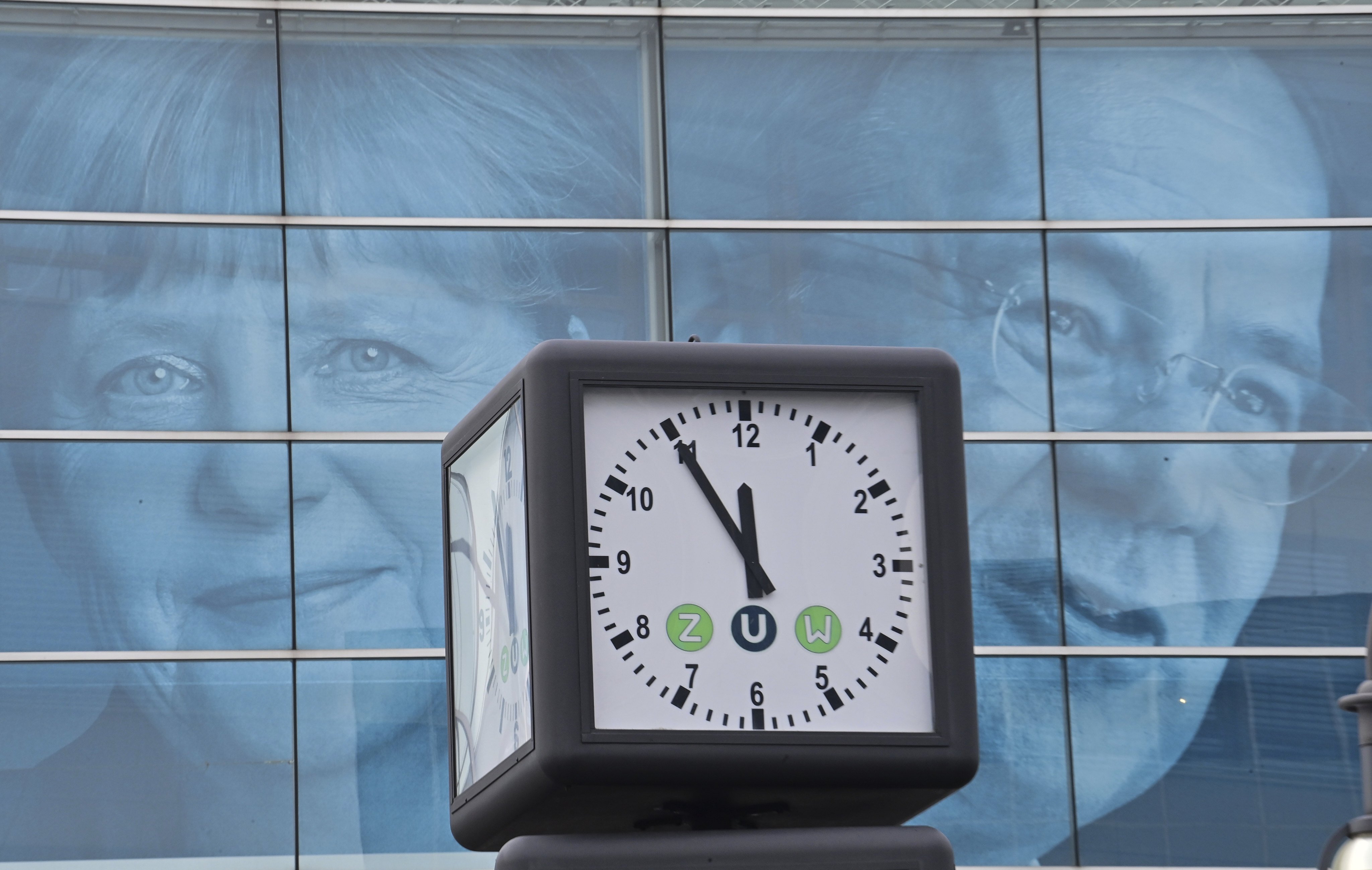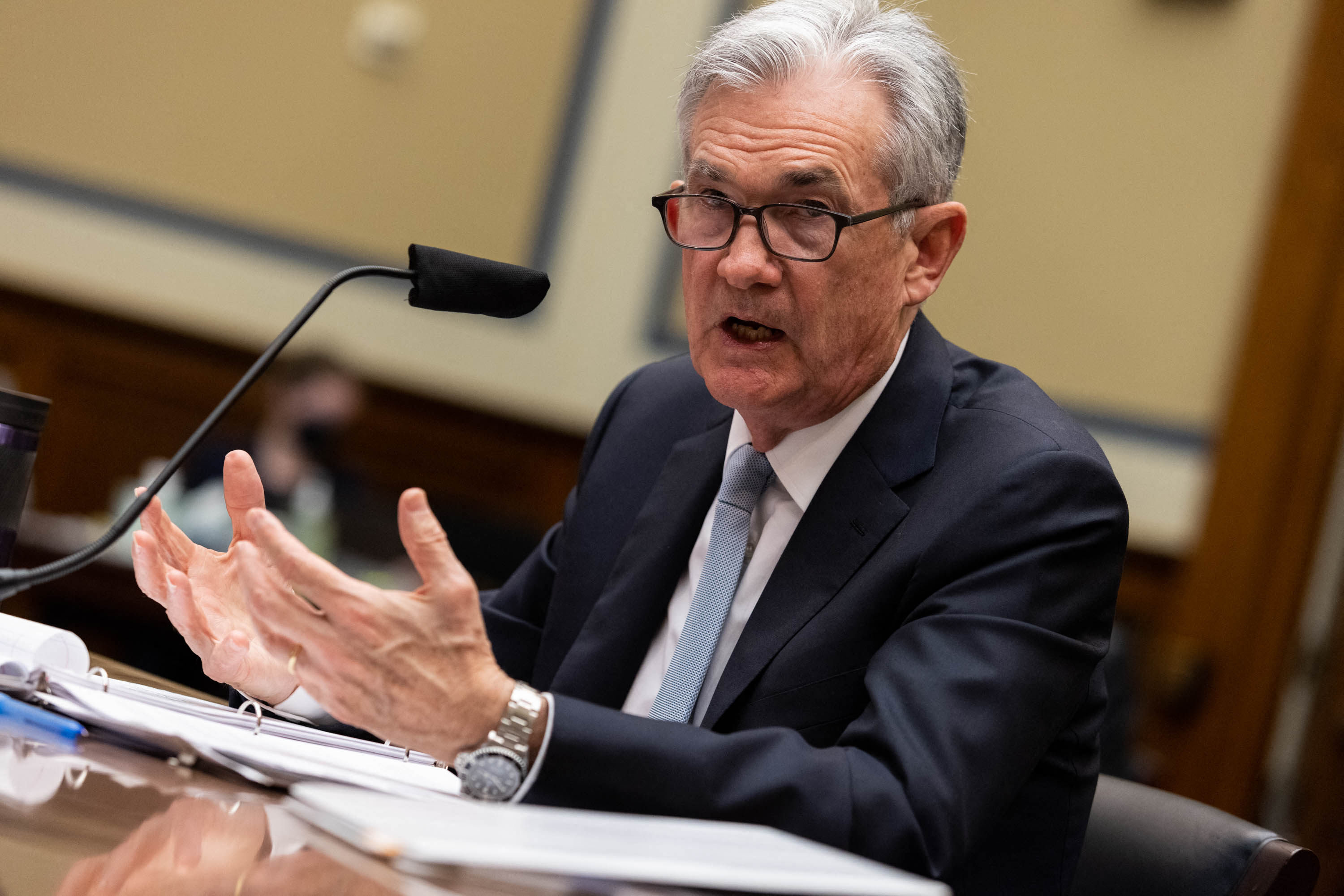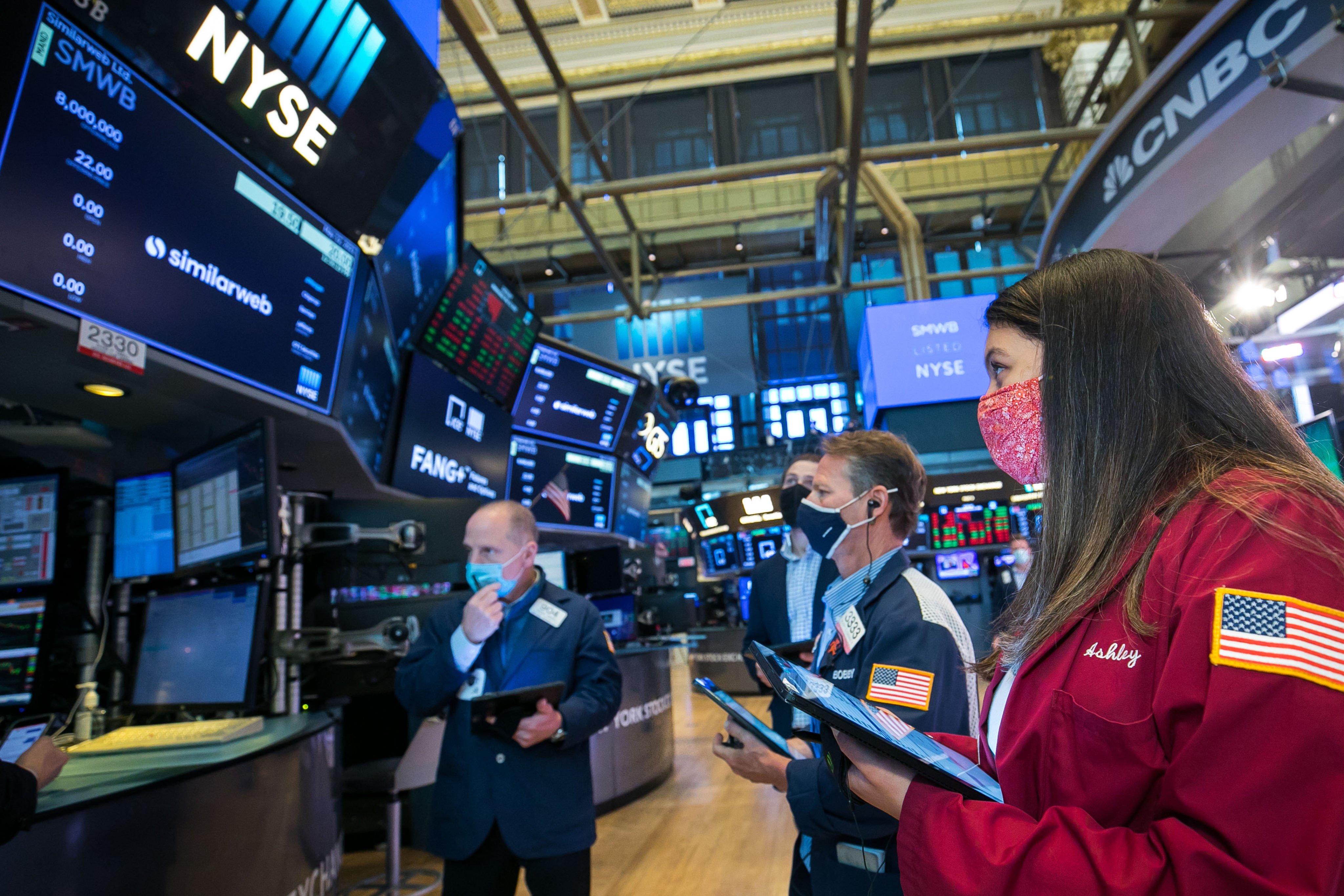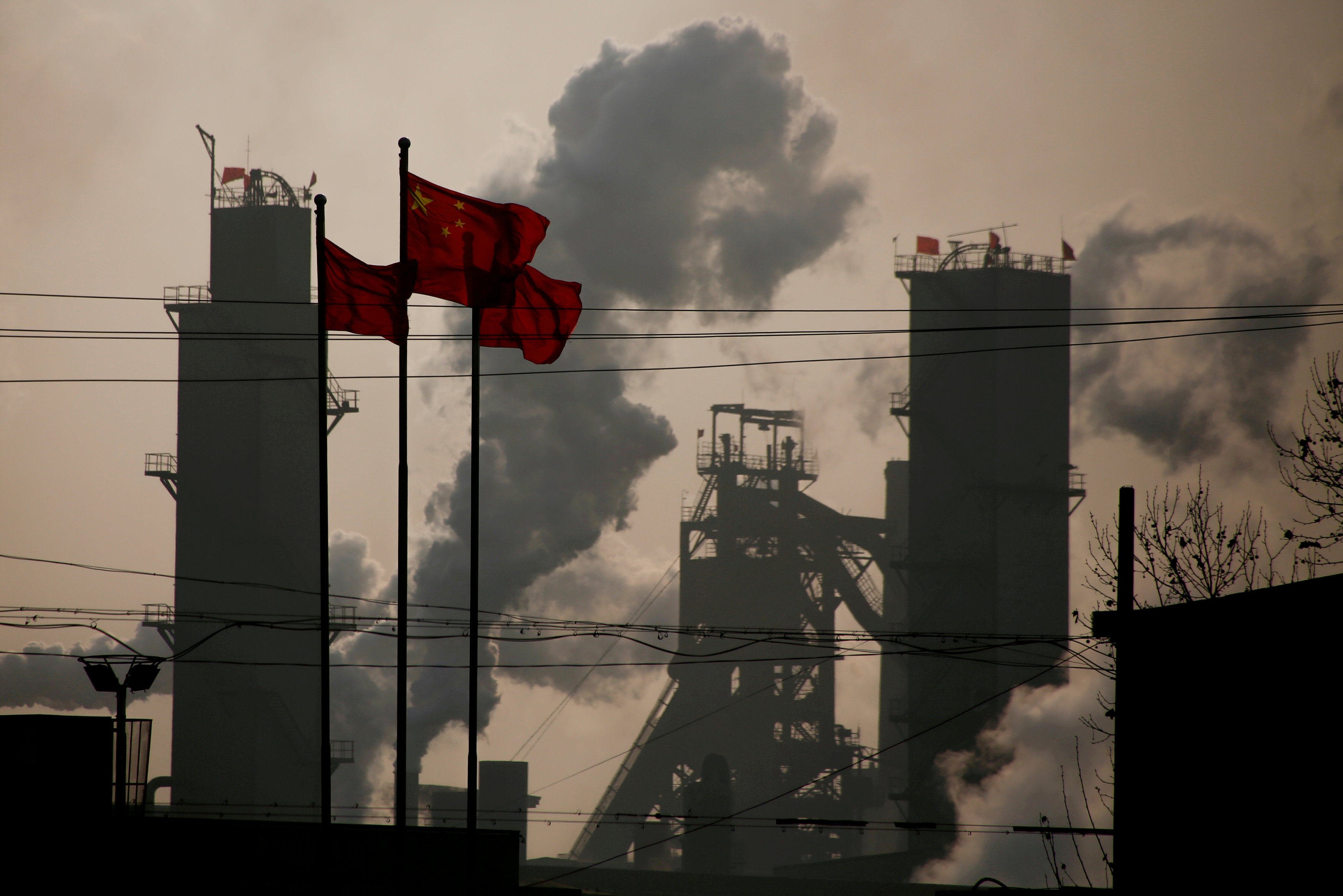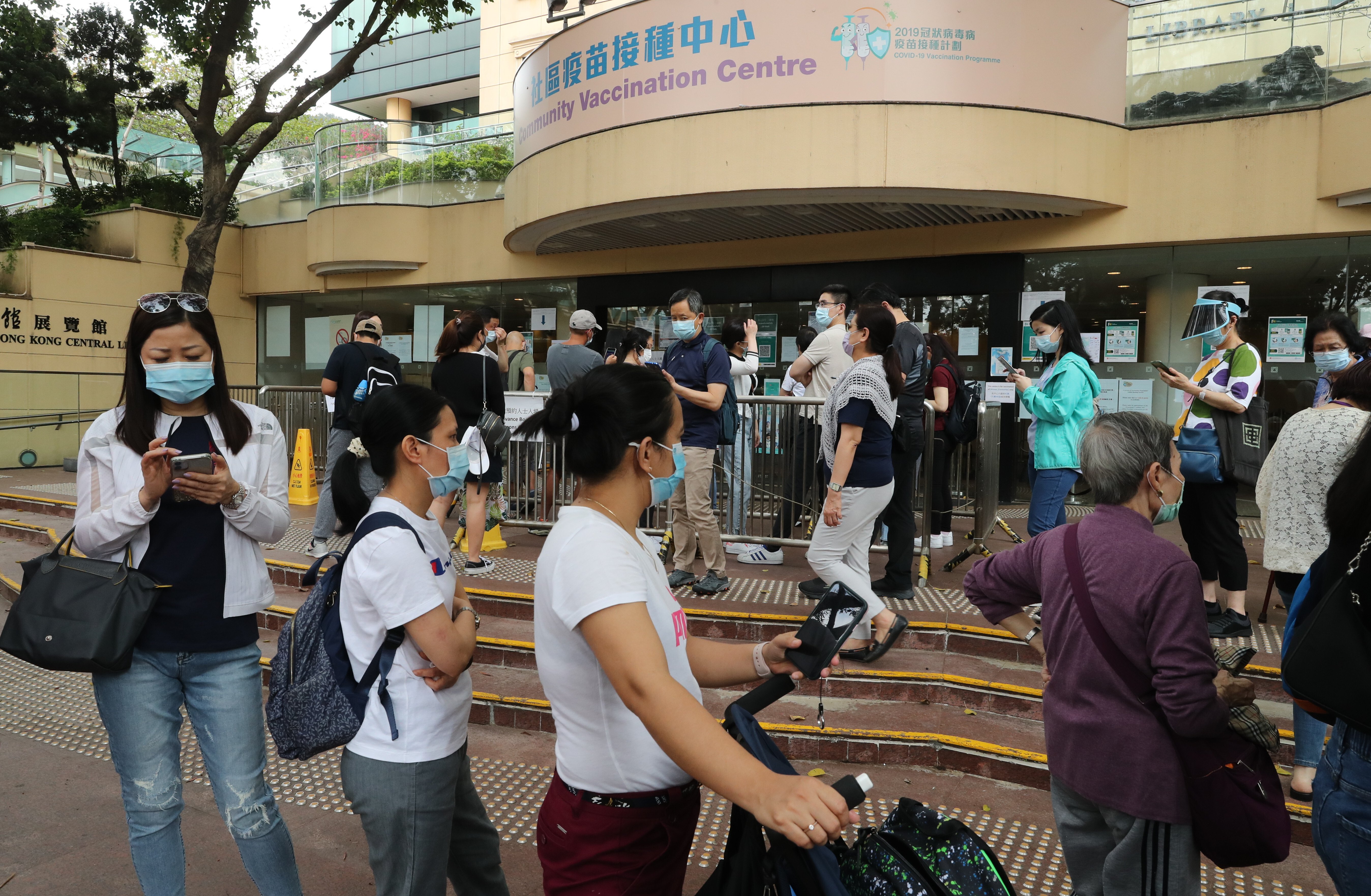
Elections in India, Indonesia, Taiwan, the US and elsewhere have the potential to reshape global markets depending on who emerges victorious. Local asset markets could be more volatile ahead of the votes and perform more constructively once there is higher certainty about the future policy outlook.
High interest rates will weigh on growth momentum, as the UK and EU economies are finding out. The inflation fight is not over, but the danger now is overcorrection – one wrong move by the Fed could tip the US economy into recession.
China’s consumer price index falling for the first time since 2021 has raised fears of deflation, but a closer look at the data paints a different picture. Weak home sales and large developers’ ailing finances are weighing on the property sector as policymakers try to revive spending but keep housing affordable.
Rising US-China tensions have made India an option for multinational firms looking to diversify their supply chains, but there is still work to do. Making India an easier place to do business must include improvements in infrastructure and managing the interaction between the central and state government.
Robust economic data, stubborn inflation, easing fears of a banking crisis and the end of the debt ceiling drama all give the Fed room to raise rates again. But it must be mindful not to be too aggressive and risk economic harm.
Businesses might use similar ‘de-risking’ rhetoric to some governments, but their priorities are different as they try to stay connected to a critical market. Many foreign firms already derive a large part of their revenue from China, and the country’s infrastructure lets them produce at scale and deliver on time.
Recent efforts with Saudi Arabia and Brazil to promote use of local currencies are indicative of China’s goal of ending US dollar dominance, but the structure of global trade and financial transactions mean achieving that goal could still be well down the road.
Investors are keeping a close eye on the new team in charge of China’s economy and looking for signs of government policies to come in the next five years. Domestic consumption, while improving, won’t be enough as exports, real estate and private-sector support also need addressing.
Much like 2011, a Republican-controlled House is trying to force a Democratic president to cut federal spending in exchange for averting a government shutdown. Now, though, House Speaker Kevin McCarthy must not only forge compromise with US President Joe Biden but also radical elements in his own party.
Rising inflation and a weak yen are prompting expectations of a policy shift and a bond sell-off. The Bank of Japan will have to move carefully to avoid market volatility.
Risk of policy error is rising as policymakers work to cool inflation without putting out demand, especially as growth slows in the US and Europe. Inflation in Asia is less of a challenge but Japan’s situation is precarious and policymakers must be vigilant.
Glimmer of hope as China eases its Covid-19 policy and issues a rescue plan for the property sector – but investors must be realistic about the pace of reopening and recovery.
Amid global uncertainty, deteriorating market liquidity could pose risks and amplify shocks, as in the case of the UK mini-budget, which sparked a gilt sell-off and pound plunge.
The economic, financial and political impact of climate change is already here. With extreme weather increasing in frequency and intensity, it’s past time for governments and investors to factor climate change into their decisions.
Beijing’s tone on the tech sector has shifted, focusing on healthy development, and greater regulatory clarity is allowing companies to adjust their business models. However, beyond the usual internet-based companies, those in the semiconductor and electric vehicle sectors are attracting investor interest.
Countries like the US that went big on economic stimulus are now having to back-pedal just as sharply. Most Asian countries are entering their post-pandemic phase more slowly, giving supply time to catch up with demand. Plus, forex reserves are sufficient to ease anxiety over currency depreciation.
Shanghai’s reopening and the Chinese government’s heavy-duty policy support for the Covid-19-battered economy are not the only good news. The Fed’s firm handling of its interest rate rises also signals that US inflation can be tamed without the economy falling into recession, calming investor nerves.
In addition to electoral pressure in developed countries for jobs to be brought back home, supply chain disruptions and geopolitical risks mean globalisation is evolving. As companies seek to diversify supply chains, profits may well decline while consumers can expect to pay higher prices.
Given the inverted yield curve, some investors fear the US economy is stalling, which could see the end of the equity market bull run. However, not only are there doubts about the yield curve’s ability to accurately predict a downturn, other indicators that monitor US recession risk remain healthy.
Europe and the UK rely on imports from Russia for a third of their gas, putting them at risk from disrupted deliveries amid fighting in Ukraine. The US should be more resilient given trends in household savings and spending on energy.
China can’t just abandon its zero-Covid policy if it means health care services would be overrun, especially in rural areas. Economic reopening has facilitated robust recoveries in the US and Europe but it has also led to a number of challenges.
The Fed’s more aggressive policy-tightening stance is not surprising in the face of US inflation. Yet, the expected interest rate rises two or three times a year seem relatively restrained given that unemployment is not a huge concern.
Losing control of the House or Senate would make it harder for Biden to pass his reform agenda. Policies can still be pushed through via executive order, although this would add to uncertainty for investors and businesses.
The breadth of Beijing’s reforms have received much attention, but policy proposals elsewhere show it is far from alone in seeking to put people before profit. However, governments also have to strike a balance between improving equality and achieving growth.
In 2013, Treasury yields fell as tapering began, leaving bond and corporate debt markets higher. This time, US bond yields are likely to rise and could dampen returns in a stock market already jumpy from overheated valuations.
Three factors have been driving US inflation – energy prices, production bottlenecks and aggressive stimulus programmes. But as these risks subside in the next two to three quarters, investors cannot afford to be complacent, given high equity valuations and the hot property markets.
The pace of vaccinations globally, the US Federal Reserve’s policy intentions and the UN climate change conference could all move markets.
Asian governments need to accept that infections will occur even after their populations have reached herd immunity. Lockdowns, closing borders and social distancing restrictions are only temporary and carry high economic costs.
China’s ambitious emission goals and the US returning to the Paris Agreement have energised environmental efforts. The global shift towards renewables is good for the environment and a multi-decade trend that investors should embrace.
Economies that have failed to control the virus so far might be able to compensate with successful vaccination programmes. Those who can catch up at this part of the race against Covid-19 can still emerge from the pandemic stronger.

